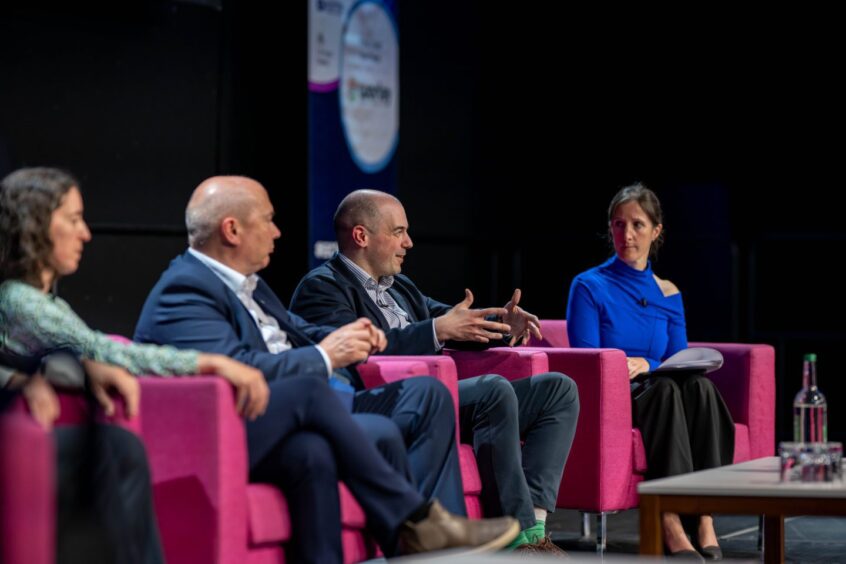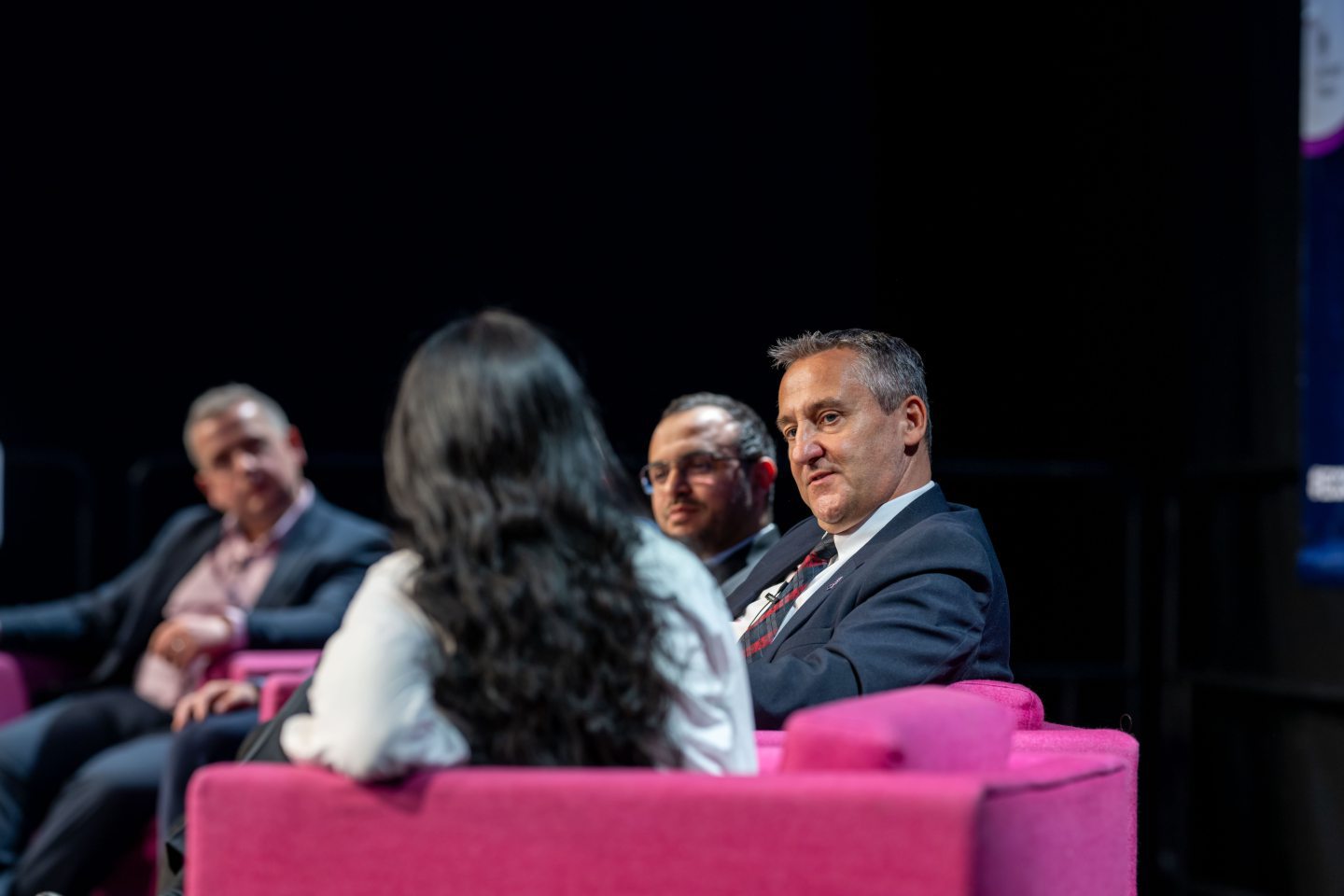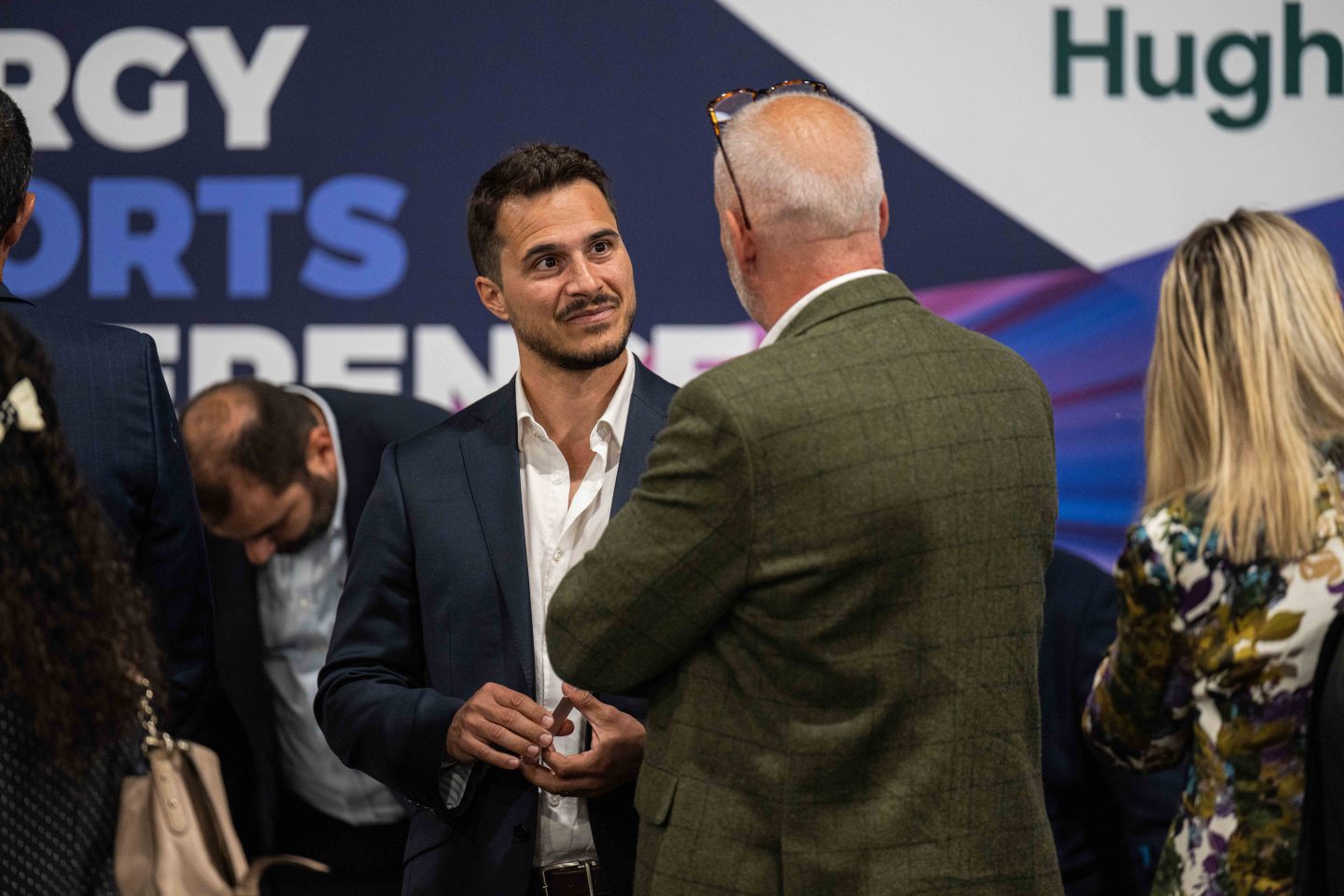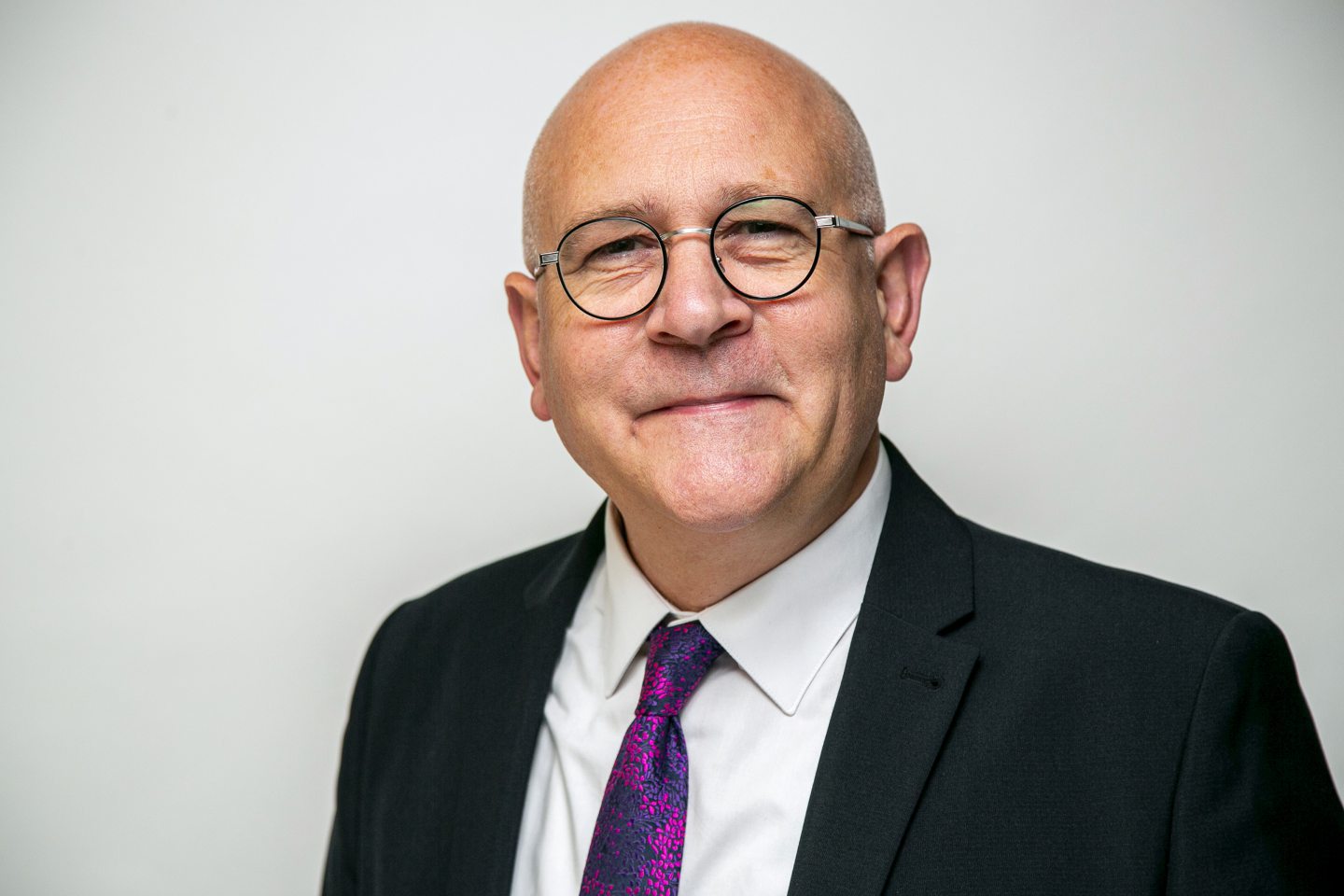
For all the grand rhetoric around achieving domestic and global net zero goals, the number of renewable energy projects that reach a final investment decision is startlingly low.
According to data from the Energy Industries Council (EIC) –one of the world’s largest energy trade associations for companies supplying goods and services to the energy industries worldwide — only 7% of $2 trillion worth of offshore wind projects worldwide have reached FID. Hydrogen and carbon capture projects fare even worse, with FID rates below 5%. This stands in stark contrast to the oil and gas sector, where 30% to 40% of announced projects typically progress to FID, ensuring consistent activity across the supply chain.
It seems to be a case of headlines over headway and one that stems from economic uncertainties, erratic policymaking and a lack of infrastructure readiness.
An upcoming EIC event in London, Bankable Energies: Unlocking Opportunities in Sustainable Energy, aims to address this troubling trend. It’s undoubtedly a situation that needs resolving.
Stuart Broadley, Chief Executive Officer of EIC, said: “The figures paint a stark picture. Despite the media and policy announcements, the reality is that very few renewable projects are progressing to construction. Without FID, these projects remain dreams, not realities. That’s the essence of ‘bankability’—ensuring that projects meet the financial, technical, and regulatory requirements to proceed.
“The challenge isn’t a lack of capital. It’s a lack of viable, well-structured projects.”
How will this event boost the drive to net zero?
EIC runs around 160 events a year that bring together leading decision makers with its nearly 1,000 members.
The February conference will gather key stakeholders – developers, financiers, policymakers and supply chain leaders – to address the barriers to project bankability; that is, their ability to secure financing. There will be a mix of panel discussions, keynote speeches and Chatham House-style roundtables aimed at encouraging honest, solution-driven dialogue.
At its heart it’s about a fresh start – moving beyond the hopeful promises to hardheaded pragmatism so that things actually get done.
Broadley continued: “It’s not about idealistic pledges anymore – it’s about understanding what it takes to make these projects viable and investable.
“We aim to showcase successful projects, dissect the reasons behind their progress, and apply those lessons to strategically important initiatives that remain stuck. This is not a problem-statement event; it’s about working the problem.
“The year of elections is behind us. We now know a lot of the personalities that are leading the key economies of the world. And I think now there is some sense of a growing sense of urgency again, as we’re seeing weather events and economic issues that are not going away.
I think there is still a sense in the hearts of leaders and politicians that they want to do the right thing.”
What can we expect?
Attendees can expect exclusive networking opportunities, with representation from major energy players, government officials and leading financial institutions.
Keynote speaker Joanna Drake, Deputy Director General of the European Commission, will address the importance of UK–EU collaboration in driving energy projects forward.
Matthew Taylor of Green Giraffe Advisory, a leader in green finance, will share insights into why so few renewable projects attract funding despite the trillions of dollars available globally.
Another key speaker will be Julia Pyke, director of financing for Sizewell C, who will share her experience in overcoming significant hurdles to deliver major nuclear projects. Pyke’s perspective will be invaluable for understanding how to navigate the complexities of long-term energy investments.
Meanwhile, Nathan Morgan of Kellas Midstream will delve into the operational and financial challenges of integrating new technologies into existing systems.
There will also be deep-dive discussions on 15 critical projects. These sessions will bring developers, financiers, and policymakers into the same room – often for the first time – to tackle specific obstacles head-on.
“This level of direct engagement is rare but essential,” Broadley noted. “Face-to-face discussions are where real progress happens.”
What will be the outcome?
A post-event white paper will summarise key findings and offer a roadmap for accelerating FIDs across the UK and Europe.
As Broadley said, there will be a call to listen to all stakeholders, including the thousands of companies in the supply chain, not just the big companies invited to Downing St.
He added: “We are looking for pragmatism, honesty, focus and realism. A focus on what we’re going to do, not on what we can’t do.”
With that should come a sense of optimism.
Broadley concluded: “If there was one thing I’d like people to take from it, it’s a sense of positivity and pragmatism around what it would take to bring these critical net zero projects to FID more quickly. It’s not too late. There are plenty of opportunities to address these issues as we look forward.”
Bankable Energies: Unlocking Opportunities in Sustainable Energy take place in London on February 26 and 27 in partnership with Energy Voice. To book your place and join this vital conversation, visit EIC’s Bankable Energies event page.
Recommended for you

 © Supplied by Energy Industries Co
© Supplied by Energy Industries Co © Supplied by Energy Industries Co
© Supplied by Energy Industries Co © Supplied by Energy Industries Co
© Supplied by Energy Industries Co